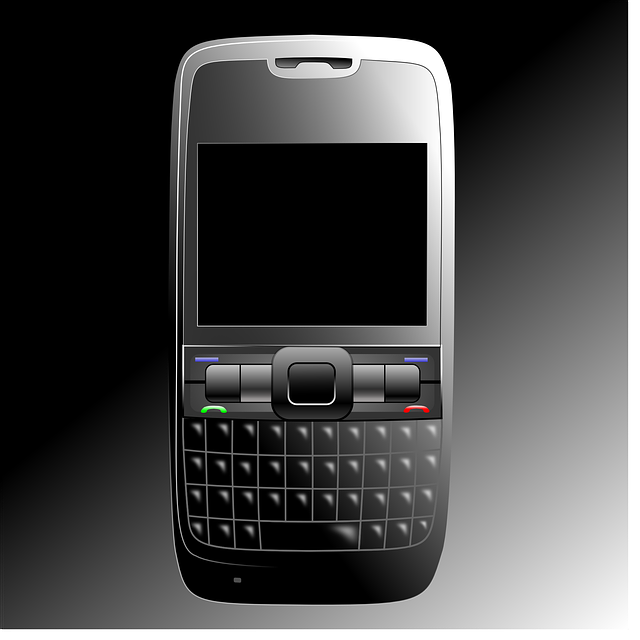Blackberrys don’t communicate
18 May 2010 By Northern Lights

 One of David Cameron’s first moves as prime minister was to ban Blackberrys and mobile phones from Cabinet meetings
One of David Cameron’s first moves as prime minister was to ban Blackberrys and mobile phones from Cabinet meetings
Luke McKinney in his Mobile Phone Blog says ‘The new ban should serve as an example to every office meeting in the country – you may think you’re just checking your mail, but every time you text anything during a meeting you’re saying “My time is for more valuable than that of everyone else in this room, and I won’t even bother looking at you while I announce that.”’
Over the last year or two I have started asking people to turn their phones and Blackberrys off in meetings. I am sick of half conversations. People talking with half an eye on their machine, an odd laugh at a most inappropriate moment as an email pings in and the quick dash from the meeting – ‘so sorry, I’ve been waiting for this call’.
I could not agree more with Luke McKinney’s view – it is downright rude to say you can attend a meeting but only give it half your attention.
Blackberrys have also created a bigger problem. Emails.
Have you changed the way you email? If your clients or contacts are reading and dealing with most of their emails on a Blackberry, you will probably find
1 They cannot read attachments properly. They may mean to read them in full later – but there is a high chance they will not get to it
2 One client confessed recently that they had 1,000 unread emails. They were mortified but wanted to find time to read them fully at a computer – and in the meantime were skimming as the backlog built up
3 They will only skim the headlines on any email – and miss key points in any long and detailed email
To improve communications, the following tips could help if you are emailing to Blackberrys (though my colleagues point out I should follow my own recommendations better!)
1 Clear heading with the required action
2 No attachments – unless they are critical legal documents that the other party needs and has to read
3 Don’t chat in the email – bullet points, bold headlines and short sharp sentences. The reader has to be able to take in key points very quickly
Jokingly the other day, I discussed the idea of bringing back faxes for communication. You can see at a glance what a document is about, scribble notes on it, pass it on to a colleague to read or action, bin it when finished and keep the attachments if you need to.
Who knows, if Cameron’s policy catches on, we could be back to faxes before you can say ‘coalition’!
